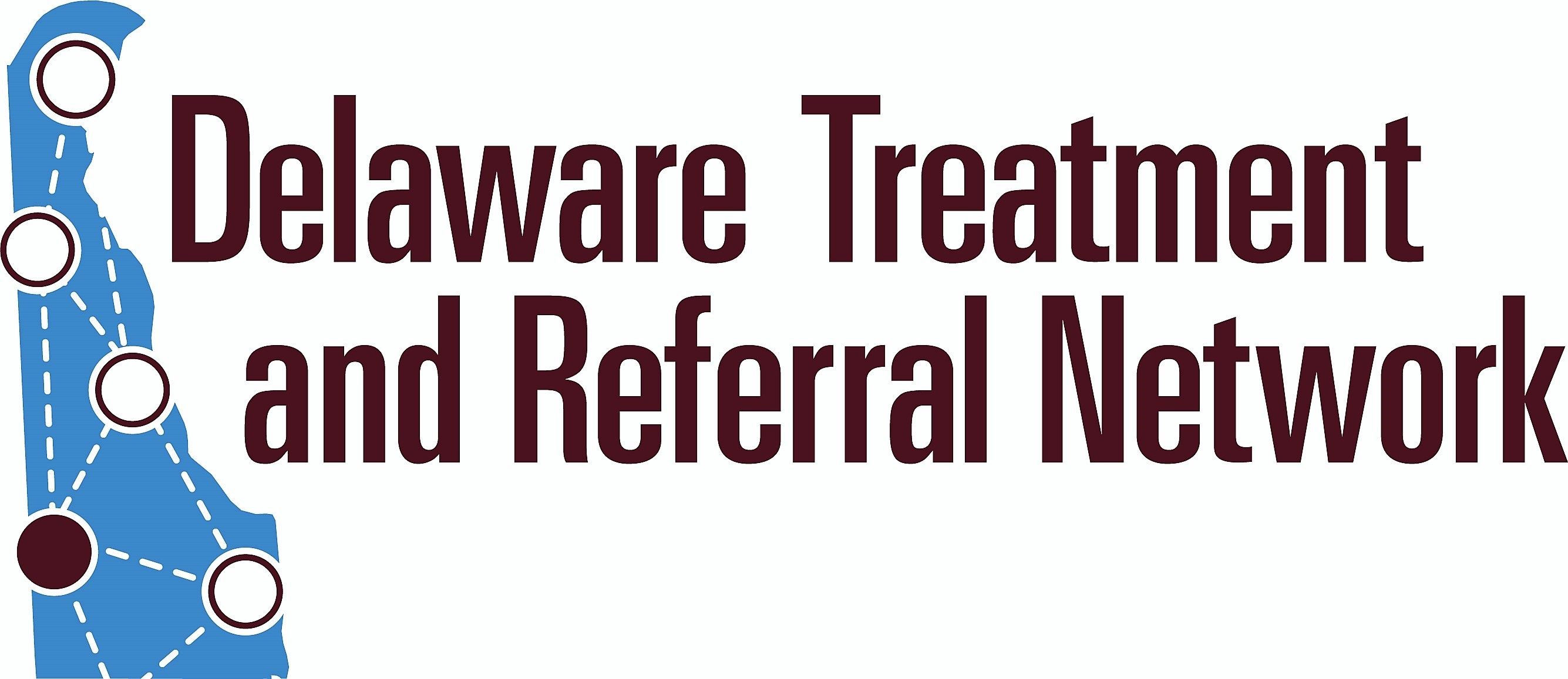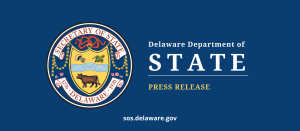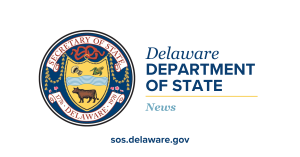
NEW CASTLE (Oct. 2, 2018) – The Department of Health and Social Services’ Division of Substance Abuse and Mental Health (DSAMH) last week launched its online referral network – Delaware Treatment and Referral Network (DTRN) – allowing Delaware health care providers seeking substance use disorder treatment or mental health services for their patients to make a digital referral with one of 24 organizations participating in the first phase.
DSAMH is partnering with OpenBeds, a leading provider of a health care technology solutions, whose platform identifies, unifies, and tracks behavioral health resources to create single, common networks; facilitates rapid digital referrals; and fosters collaboration among mental health, substance use and medical providers.
Within hours of last week’s launch of the Delaware Treatment and Referral Network, 13 behavioral health centers, hospitals, referral organizations, and other state agencies and support resources were using the online platform to connect patients to the appropriate and needed level of care. At launch, there were 24 treatment organizations statewide listing 66 mental health and substance use disorder (SUD) services. The collection of these network members represents the first phase of the project, which the Department of Health and Social Services (DHSS) intends to grow to include all mental health services statewide.
“Real-time online treatment referrals and acceptances are an important step forward in making our behavioral health system more responsive for the people we serve,” said DHSS Secretary Dr. Kara Odom Walker, a board-certified family physician. “Because of the Delaware Treatment and Referral Network, health care providers, in consultation with individuals and their families, won’t have to spend hours on the phone trying to find out if a treatment slot of bed is available. Faxed paperwork won’t get misplaced. And a bed won’t be given away to someone else while an individual seeking treatment tried to get to a treatment location.”
In 2017, 345 died in Delaware from overdoses, according to the Division of Forensic Science (DFS). Through Oct. 1 of this year, 218 people have died from suspected overdoses in the state, including a record monthly total of 39 lives lost in August, according to DFS.
DSAMH Director Elizabeth Romero said having real-time information about treatment availability is critical in helping health care providers make the best decisions about care for their patients. “The Delaware Treatment and Referral Network will expedite referrals for patients and ensure that treatment begins as quickly as possible,” Romero said. “Because treatment organizations will update their bed, slot or appointment capacity at least twice a day, referring health care providers will have a strong picture of what services are available for their patients.”
In its first week, Romero said the network facilitated 95 online patient referrals, with 72 requests accepted for treatment, six declined and 17 remaining open.
The Delaware Treatment and Referral Network also supports the identification of peer recovery support services and pre-authorizations by the Eligibility and Enrollment Unit at DSAMH for certain substance use disorder referrals. In the coming months, DSAMH will continue to add providers to the network and introduce additional functionality and support services. Ultimately, DHSS hopes to gain insights from the network that will help identify gaps in care, share best practices and better manage treatment resources.
“OpenBeds provides an amazing opportunity for providers across Delaware to remain informed throughout the referral process so that those we serve are able to be provided with care in a more transparent and efficient manner,” said Erin Booker, Corporate Director for Behavioral Health at Christiana Care Health System.
DTRN, in partnership with OpenBeds, coordinates multiple independent services and pool capacity, and captures real-time utilization data and referral patterns to:
- Identify service gaps;
- Effectively target funding;
- Identify and scale successful services;
- Produce program evaluations;
- Cross-reference data with other databases.
“We are pleased to have the opportunity to make a positive impact on those in need of behavioral health treatment in Delaware,” said Nishi Rawat, M.D. and Founder of OpenBeds. As a critical care physician, Dr. Rawat experienced first-hand the frustrations of using inefficient manual processes to locate the proper care for her patients whose conditions she couldn’t treat in the facilities she was serving. “We thank the state of Delaware for this innovative and forward-thinking initiative to take immediate action in this increasingly challenging time of substance abuse and mental health crisis across the U.S. – one that is adversely affecting our communities, families, friends, and neighbors today.”
The OpenBeds platform already has been successfully deployed statewide in Indiana.
-30-
The Department of Health and Social Services is committed to improving the quality of life of Delaware’s citizens by promoting health and well-being, fostering self-sufficiency, and protecting vulnerable populations.


















































































